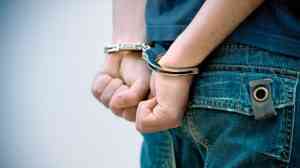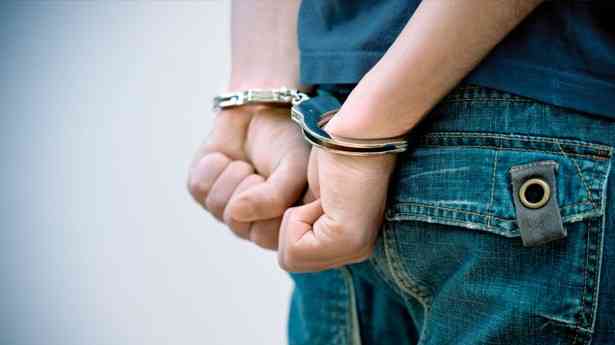 Juvenile delinquency is one of the many problems of society. Although records of such cases have become significantly lower in the recent years. Records from the U.S. Department of Justice’s Office of Juvenile Justice and Delinquency Prevention say that in 2012, there were 3,941 arrests for every 100,000 youths ages 10 through 7. While it’s 38% lower than in 1980, it is clear that juvenile delinquency remains a problem.
Juvenile delinquency is one of the many problems of society. Although records of such cases have become significantly lower in the recent years. Records from the U.S. Department of Justice’s Office of Juvenile Justice and Delinquency Prevention say that in 2012, there were 3,941 arrests for every 100,000 youths ages 10 through 7. While it’s 38% lower than in 1980, it is clear that juvenile delinquency remains a problem.
According to the Law Office of William T. Bly, “A juvenile offense can be classified as any illegal crime that has been committed by an individual under the legal age of adulthood or the legal age in which to participate in certain acts.” This problem stems from different reasons, some of which are found at home.
Different Problems in the Family
Family problems are among the leading causes of juvenile delinquency. It’s important to note that such dilemmas have different dimensions. The economic problems of the family push teens to get involved in thieving and related activities. When it comes to psychological and social dimensions, aggression and depression are the major culprits. Moral problems, on the other hand, are the other triggers, which encompass a lack of respect.
Peer Pressure
When the problem is not found in the family, it will certainly come from friends. Young peers tend to create cultures and protocols, which will compel a teen to comply with to gain membership and acceptance. Sometimes, these cultures are deviant from existing moral and legal systems.
Influence of the Media
TV shows, movies, music, and other media presentations teens consume can influence the way they view the world. Vulnerable youths tend to think that undesirable behaviors, which are seen in mass media, are acceptable.
These are only some of the leading causes of juvenile delinquency. To safeguard your children, fill them with love and understanding. Be observant with the friends they choose and activities they join.
